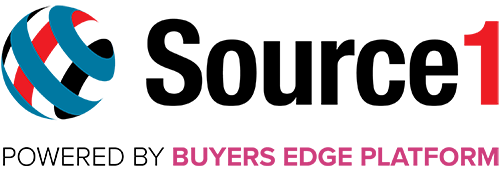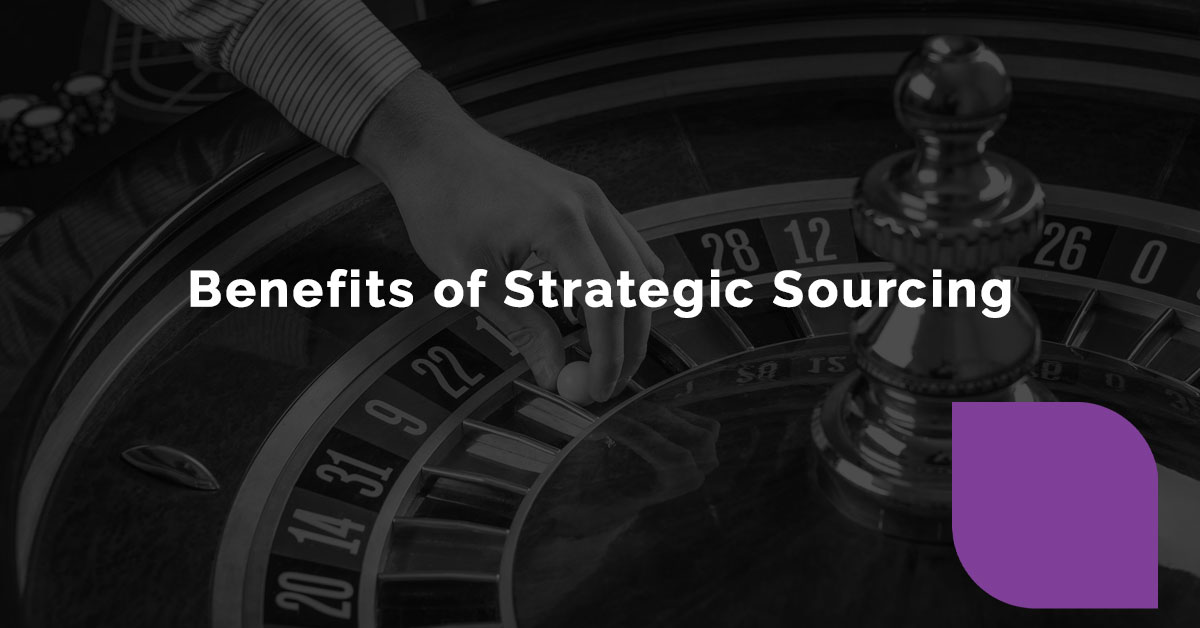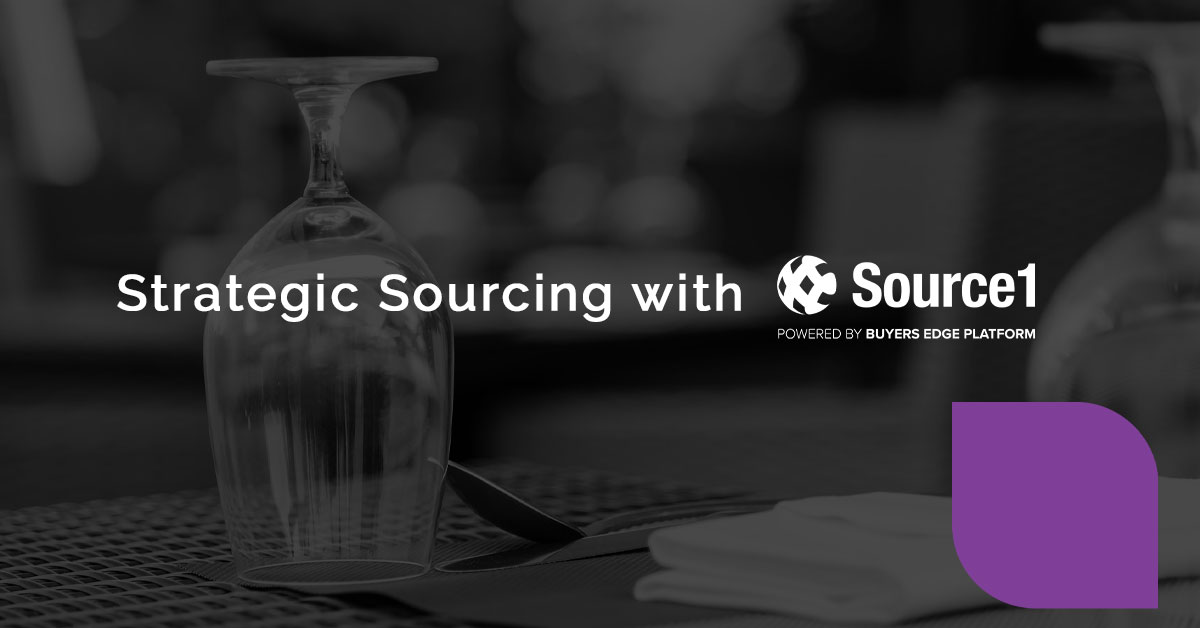Strategic Sourcing in Hotel and Casino Supply Chain Management
In the high-stakes world of hotel and casino operations, success hinges on a multitude of factors, one of which is an efficient supply chain management strategy.
To stay ahead in the game, industry leaders have turned to strategic sourcing as a crucial tool for optimizing their supply chains.
In this blog, we will explore how hotel and casino operators are leveraging strategic sourcing to enhance their supply chain management practices.
The Complex Supply Chain of Hospitality and Gaming
The hospitality and gaming industry is notorious for its complexity. From the linens in hotel rooms to the ingredients in the restaurants, and from gaming equipment to entertainment services, a plethora of products and services must be seamlessly integrated to provide an exceptional guest experience. This complexity makes supply chain management in this industry no small feat.
Supply chain experts in the hotel and casino sector have a unique challenge: they must balance the need for high-quality products and services with cost-effectiveness, all while ensuring compliance with strict regulations. This is where strategic sourcing comes into play.
What Is Strategic Sourcing?
Strategic sourcing is a methodical approach to procurement that extends beyond simply purchasing products and services. It involves a strategic, long-term perspective, focusing on building relationships with suppliers, optimizing costs, and mitigating risks.
Strategic Sourcing Step-by-Step
- Supplier Identification and Assessment
- Identify potential suppliers based on your specific needs and requirements.
- Assess suppliers based on various criteria, including quality, price, reliability, capacity, and sustainability.
- Supplier Selection
- Narrow down the list of potential suppliers to a select few based on your assessment.
- Consider factors such as cost, quality, supplier reputation, and alignment with your organization’s values and goals.
- Supplier Relationship Management (SRM)
- Develop and maintain strong relationships with chosen suppliers.
- Establish clear communication channels and expectations.
- Collaborate with suppliers to achieve common goals, such as cost reduction, innovation, and continuous improvement.
- Cost Analysis and Negotiation
- Analyze the total cost of ownership (TCO), including not only the purchase price but also other associated costs like transportation, maintenance, and warranties.
- Negotiate favorable terms and conditions with suppliers to achieve cost savings without compromising quality.
- Risk Assessment and Mitigation:
- Identify potential risks in the supply chain, such as supply disruptions, quality issues, or regulatory compliance challenges.
- Develop risk mitigation strategies and contingency plans to address these challenges.
- Supplier Performance Monitoring
- Establish key performance indicators (KPIs) to measure supplier performance regularly.
- Monitor and evaluate suppliers against these KPIs to ensure they meet or exceed expectations.
- Sustainability Considerations
- Assess suppliers’ sustainability practices, including their environmental, social, and ethical standards.
- Prioritize partnerships with suppliers committed to sustainability and align with your organization’s sustainability goals.
- Contract Management
- Develop clear and comprehensive supplier contracts that outline expectations, deliverables, pricing, terms, and conditions.
- Ensure that contracts are regularly reviewed, updated, and adhered to by both parties.
- Supplier Development and Continuous Improvement
- Collaborate with suppliers on continuous improvement initiatives, including product innovation, process enhancements, and efficiency gains.
- Provide feedback and support to help suppliers enhance their capabilities and performance.
- Market Analysis and Benchmarking
- Continuously monitor the market for changes in pricing, technology, and industry trends.
- Benchmark your supplier relationships and performance against industry standards and competitors.
- Legal and Compliance Considerations
- Ensure that all sourcing activities comply with relevant laws, regulations, and industry standards.
- Address legal and compliance issues promptly to avoid risks and liabilities.
- Strategic Planning and Alignment
- Align sourcing strategies with your organization’s broader strategic goals and objectives.
- Ensure that sourcing decisions support the overall business strategy.
- Data and Technology Integration
- Leverage technology and data analytics to streamline sourcing processes, track supplier performance, and make data-driven decisions.
- Regular Review and Optimization
- Periodically review and adjust your sourcing strategy and supplier relationships to adapt to changing market conditions and organizational needs.
- Continuously seek opportunities for improvement and cost optimization.
By following these steps, organizations can effectively implement strategic sourcing practices that enhance their supply chain efficiency, reduce costs, mitigate risks, and drive long-term value.
Benefits of Strategic Sourcing
Strategic sourcing offers numerous benefits for operators. These benefits can have a substantial impact on the overall success and profitability of their operations. Here are some of the key advantages of strategic sourcing for hotel and casino operators:
- Cost Reduction
- Supplier Quality and Reliability
- Risk Mitigation
- Supplier Collaboration and Innovation
- Sustainability and Corporate Social Responsibility
- Efficiency and Process Optimization
- Competitive Advantage
- Flexibility and Adaptability
- Compliance and Legal Protection
- Enhanced Guest Experience
Strategic Sourcing vs. Procurement: Key Differences
It’s essential to understand the key differences between strategic sourcing and procurement. While both processes are integral to supply chain management, they have distinct focuses and goals:

While procurement is a crucial component of supply chain management, especially for day-to-day operations, strategic sourcing takes a broader and more strategic approach.
For hospitality operators like hotel and casino managers, understanding these key differences can help them make informed decisions about how to optimize their supply chain management practices to enhance guest experiences and overall operational efficiency.
As the hospitality and gaming industry continues to evolve, strategic sourcing will remain a critical element in staying competitive, resilient, and sustainable. Hotel and casino operators who embrace this approach are well-positioned to elevate their odds of success in this dynamic and demanding sector.
Source1 can be a valuable resource for operators looking to enhance their strategic sourcing efforts:
- Supplier Network: We have an extensive network of pre-vetted suppliers across various categories relevant to the hospitality industry. This network can save operators time and effort in identifying and evaluating potential suppliers, ensuring they have access to reliable and high-quality options.
- Cost Optimization: Our negotiated purchasing agreements with suppliers can lead to cost savings for operators. By leveraging these agreements, you can access competitive pricing and better terms, contributing to cost optimization.
- Supplier Relationship Management: We provide industry-leading technology you can leverage for effective supplier relationship management. This can include performance tracking, communication channels, and collaborative initiatives that align with strategic sourcing principles.
- Risk Mitigation: Source1 members get access to insights and resources that help operators identify and mitigate supply chain risks. This can include information on industry trends, regulatory changes, and best practices for risk management.
- Sustainability and CSR: For operators with a focus on sustainability and corporate social responsibility (CSR), Source1 connects you with suppliers who share these values. This can help operators align their strategic sourcing efforts with sustainability goals.
- Data and Analytics: Our data-driven insights and analytics tools help operators make informed sourcing decisions. This can include market analysis, benchmarking data, and performance metrics.
- Efficiency and Process Improvement: We offer our members resources and best practices for streamlining procurement processes and improving overall efficiency in sourcing operations.
With our strategic guidance and consulting services, we help operators develop and refine their strategic sourcing strategies. This can include advice on supplier selection, contract negotiations, and long-term planning.
Are you ready to optimize your supply chain management and enhance your overall operational efficiency? Become a Source1 member today!














